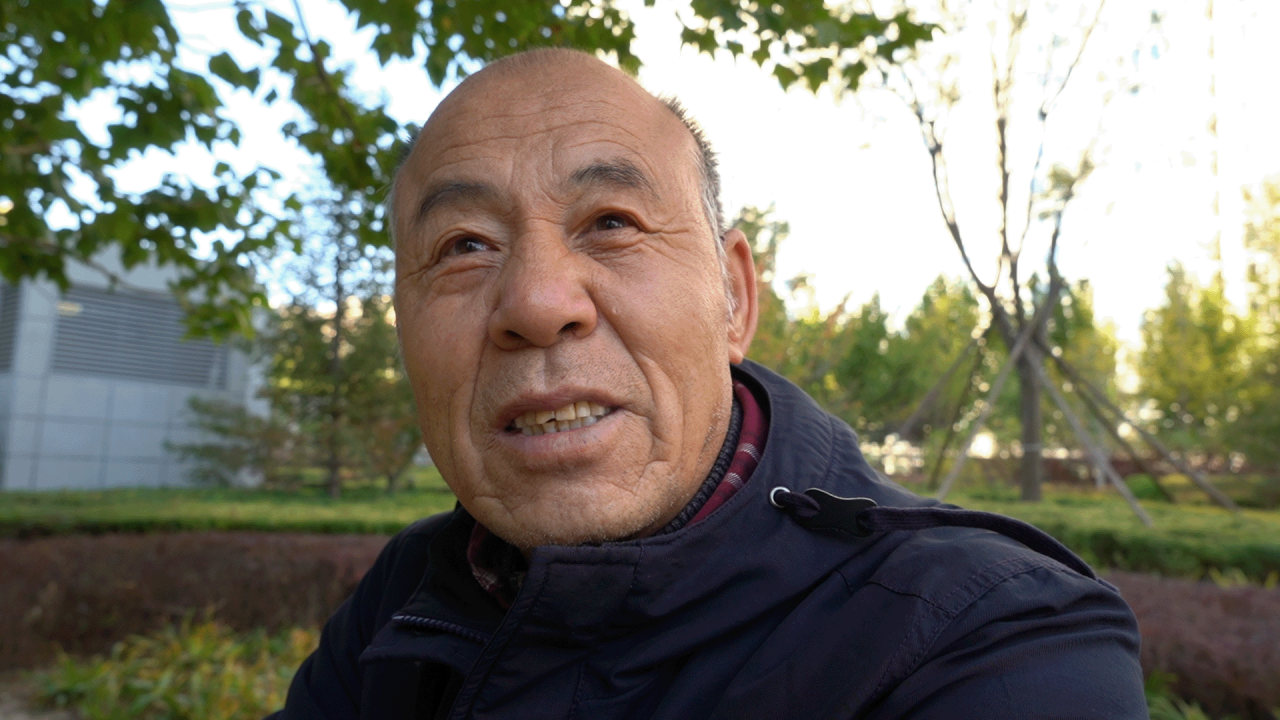South Korea-China flights yet to fully take off after 2.5 years of disruptions

“My plan on returning to China was postponed by two months because my flights got cancelled twice.”
But China remains committed to its zero-Covid policy, although it recently cut the quarantine period for overseas travellers to seven days plus three days of medical surveillance.
Flagship carrier Korean Air, as well as Asiana Airlines, have slowly been resuming their flights from Incheon International Airport, with budget carriers Jin Air, Jeju Air, T’way Air, Air Busan and Air Seoul also now operating flights between South Korea and China.
Asiana Airlines announced on Wednesday that it will resume its Incheon to Hangzhou and Shenzhen routes in November, having already resumed services to Beijing, Nanjing, Changchun and Harbin. Asiana Airlines first resumed its services to China in July 2020 on its Incheon-Nanjing route.
After being halted in March 2020, there will be one flight per week from Incheon to Hangzhou and Shenzhen, with a passenger capacity of 298 for the flight to Hangzhou and 180 for Shenzhen.
Asiana Airlines, which is South Korea’s second biggest airline, will also double the frequency of its flights to Changchun, with a second service from Incheon to the capital of northeast Jilin province having started on Thursday.
This will lift Asiana Airlines’ total number of flights per week in China to seven in November, having operated 220 flights a week on 28 routes before the coronavirus pandemic.
Korean Air flew 236 flights a week to and from China along 32 routes before the outbreak, with a weekly flight to Shenyang, the capital city of the northeastern Liaoning province, the only route that was not halted.
It resumed services from Incheon to Guangzhou in July 2020, while flights to and from Tianjin resumed in July this year.
We plan to consider the Chinese government’s policy directions in determining our supply strategies.
It will resume services to Dalian on Friday, while also doubling the frequency of flights to Shenyang and Tianjin at the end of October, taking the total number of flights per week to Chinese cities to six.
According to Korean Air, it is also planning to add weekly flights to Shanghai and Qingdao in November and Nanjing in December.
“Korean Air’s supply of the Korea-China route is closely related to the opening of international flights, the government’s quarantine policies for foreigners entering from overseas, and the easing of restrictions on movement between cities in China,” said Lee Yong-tae, Korean Air’s spokesman from its global communications team.
“Therefore, we plan to consider the Chinese government’s policy directions in determining our supply strategies.”
Koreans in China can’t really care too much about which country’s airline they are using to travel back and forth
Hong Kong’s relaxed quarantine measures, which have removed the requirement for hotel quarantine for most travellers, has seen Korean Air announce that it will lift its services from Incheon to 11 per week in December having dropped to as low as three between early 2020 and July 2022.
Before the coronavirus, Korean Air operated five flights a day between Incheon and Hong Kong.
“At the moment, Koreans in China can’t really care too much about which country’s airline they are using to travel back and forth,” added Bae.
“But definitely there should be more flights between the two countries in general, as only then the prices of plane tickets will stabilise.”



